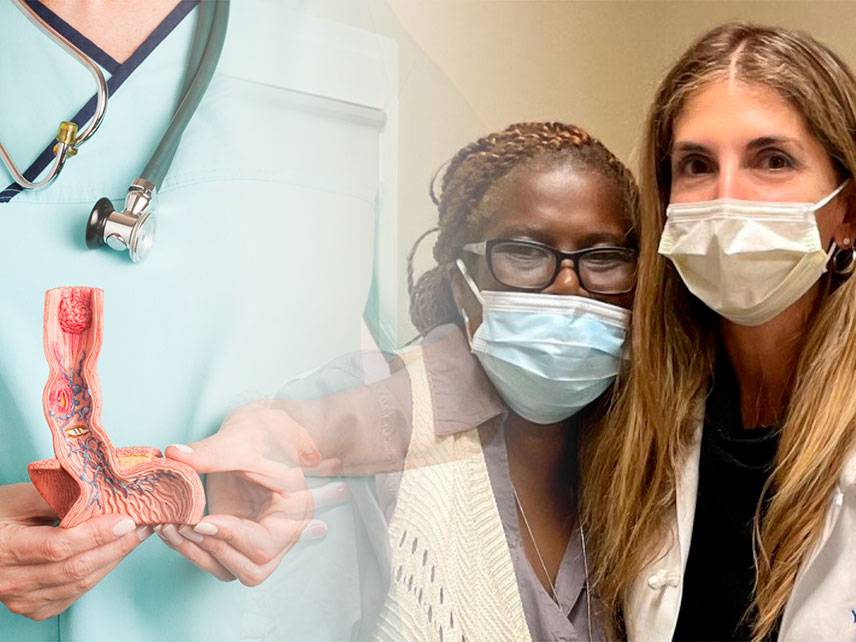Esophageal cancer is a type of cancer that affects the esophagus, the muscular tube that carries food from the throat to the stomach. It is an aggressive form of cancer with a high mortality rate, making early diagnosis and treatment essential.
Signs and Symptoms
The signs and symptoms of esophageal cancer vary depending on the type of cancer and the stage of the disease. Some common signs and symptoms include difficulty swallowing, chest pain, hoarseness, weight loss, and coughing up blood.
Causes
The exact causes of esophageal cancer are not known, but certain risk factors may increase a person’s likelihood of developing the disease. These factors include smoking, drinking alcohol, obesity, and acid reflux.
Risk Factors
The risk factors for esophageal cancer include age, smoking, drinking alcohol, obesity, and acid reflux. Other risk factors include certain genetic conditions and exposure to certain industrial chemicals.
Prevention
The best way to reduce the risk of esophageal cancer is to reduce or eliminate smoking and drinking, maintain a healthy weight, and avoid overeating. It is also important to be aware of the symptoms of the disease and seek medical help if they occur.
Diagnosis
Esophageal cancer is usually diagnosed through endoscopy, a procedure in which a thin, flexible tube with a camera is used to view the inside of the esophagus. Other tests, such as biopsy and imaging, may also be performed to diagnose the cancer.
Treatment
Treatment for esophageal cancer depends on the stage of the cancer and the patient’s overall health. Treatment options include surgery, chemotherapy, and radiation therapy.
Coping and Support
Living with esophageal cancer can be a difficult experience, and it is important to seek support. Support is available from family and friends, as well as support groups and online resources.
Complications
Esophageal cancer can cause a number of complications, including difficulty swallowing, weight loss, and infections.
Living With Esophageal cancer
Living with esophageal cancer can be difficult, but there are a number of steps that can be taken to help manage the disease. These include eating a healthy diet, exercising regularly, and avoiding smoking and drinking. It is also important to seek medical help if any symptoms occur.





